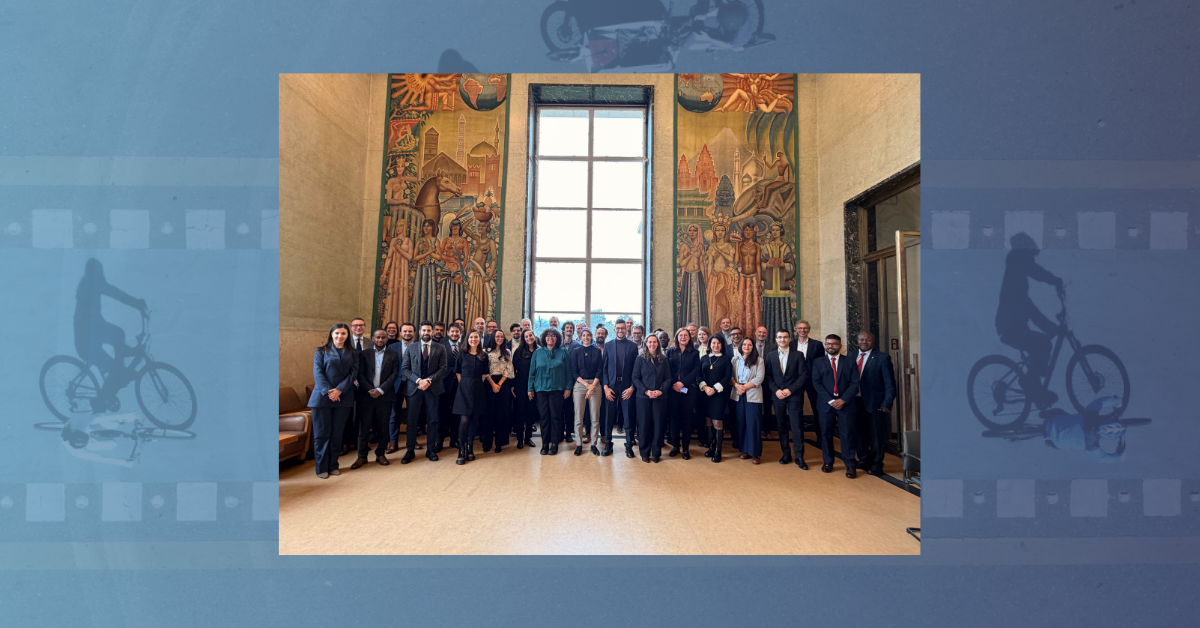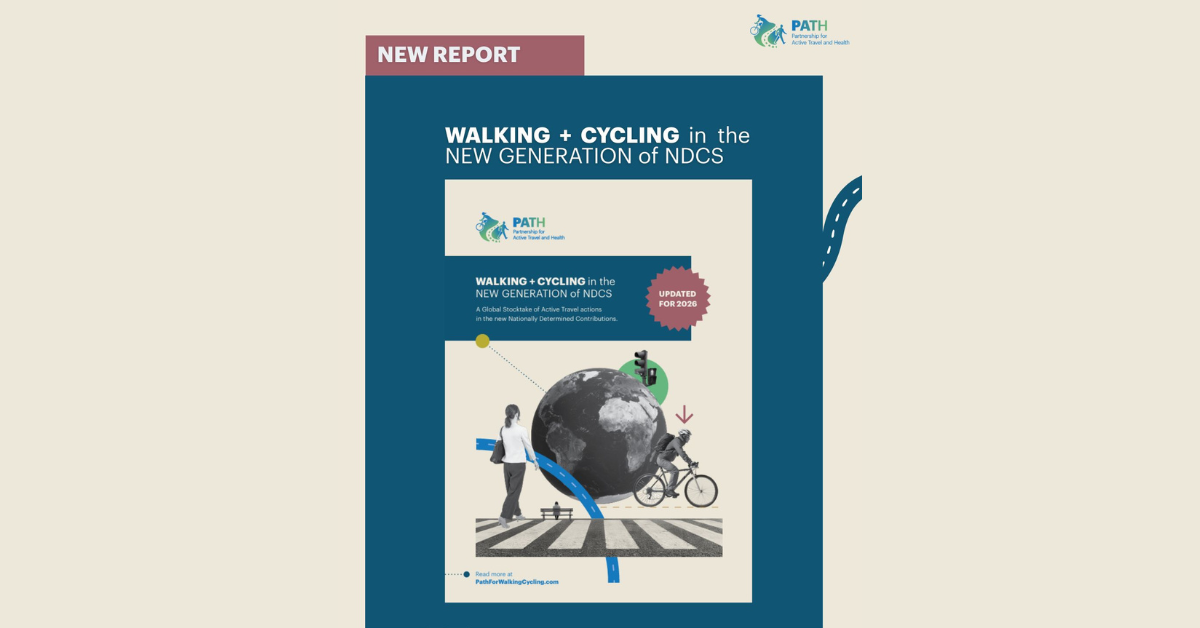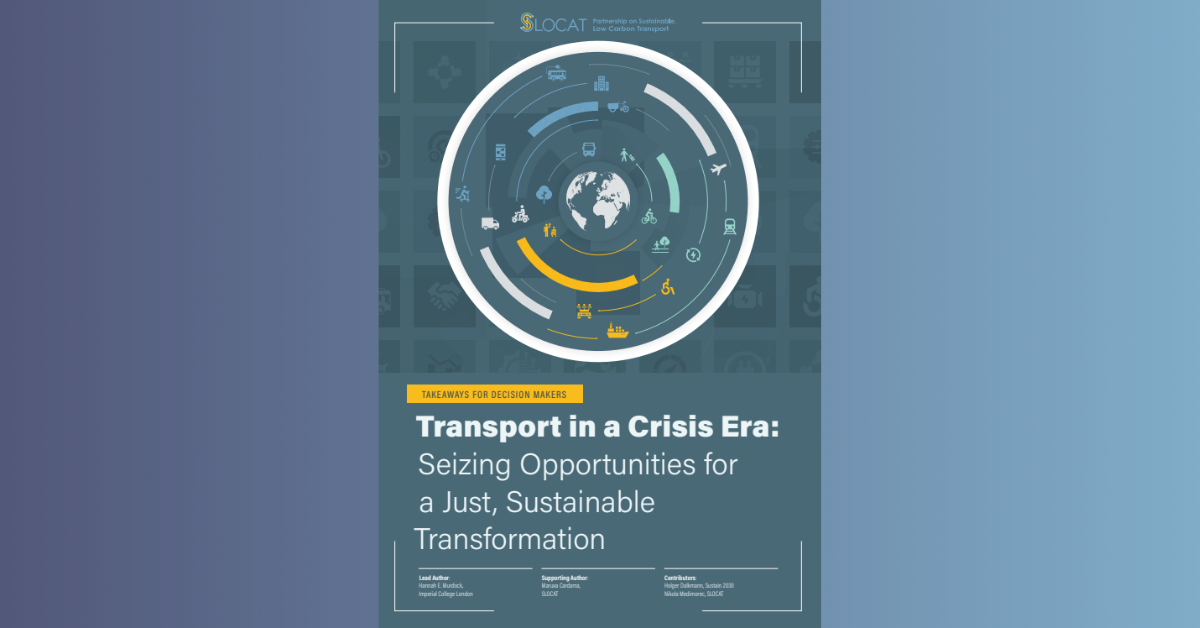Transport and Voluntary National Reviews of SDGs Implementation
The 2030 Agenda encourages member states to submit Voluntary National Reviews (VNRs) to the United Nations High-Level Political Forum on Sustainable Development (HLPF), which has been convening annually since 2016 under the auspices of the United Nations Economic and Social Council (ECOSOC). The VNR process aims to facilitate the sharing of experiences among countries, including successes, challenges and lessons learned, with a view to accelerating the implementation of the 2030 Agenda.
Since the first HLPF in 2016, SLOCAT has been assessing the transport dimension in VNRs. The assessment aims to:
- Provide a useful resource for policy-makers to better understand the role of transport in achieving the SDGs;
- Outline recommendations to policy-makers on goal-setting, implementing and reporting on sustainable transport progress;
- Help the transport community (and other relevant sectors e.g. energy, health) better understand the pattern, gaps and opportunities in reporting sustainable transport in the VNR process.
Over the past years, our assessments have found that countries continued to report on transport as a vital sector to implement the SDGs, showcasing on-the-ground implementation and best practices. Through the VNRs, countries have helped build momentum for the transport sector to move along a more sustainable path.

Transport actions for Achieving the Sustainable Development Goals
SLOCAT is committed to articulate the breadth of positive interactions between sustainable, low carbon transport and mobility and the 2030 Agenda. Sustainable, low carbon mobility is a powerful driver for positive, systemic transformation of our societies. While sustainable, low carbon transport and mobility is not represented by a stand-alone SDG, its successful implementation supports the achievement of almost every SDG.
The SLOCAT Wheel on Transport and the SDGs aims to articulate the breadth of positive interactions between sustainable, low carbon transport and mobility and the 2030 Agenda. Learn more
Transport and Voluntary National Reviews 2022:
The Race to Fulfil Our Commitment for People and Planet
The SLOCAT Report on Transport and 2022 Voluntary National Reviews (VNRs) analyses in detail how countries are reporting transport measures in their 2022 reviews about the implementation of the Sustainable Development Goals (SDGs). This eighth edition of the SLOCAT flagship analysis is showing that a number of 2022 VNRs highlight sustainable transport actions in the context of COVID-19 pandemic recovery and the urgent transition to renewables from fossil fuels. However, most 2022 VNRs only describe the adverse impacts of the ongoing crises instead of presenting concrete policy measures. And when they do, the measures do not fully address the urgent systemic transformations necessary to enable equitable access to transport and mobility for all. The report concludes with four recommendations for countries to optimise the use of transport and mobility measures in support of the implementation of the SDGs at the national and sub-national levels.




















